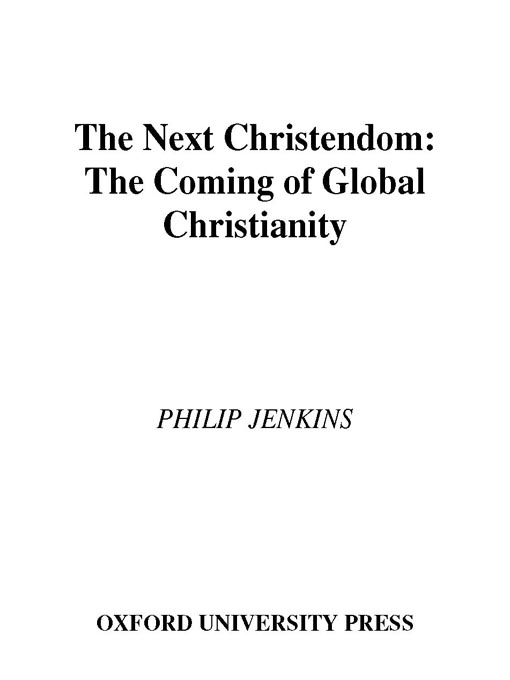The explosive southward expansion of Christianity in Africa, Asia, and Latin American has barely registered on Western consciousness. Nor has the globalization of Christianity--and the enormous religious, political, and social consequences it portends--been properly understood. Philip Jenkins' The Next Christendom: The Coming of Global Christianity is the first book to take the full measure of the changing face of the Christian faith. Jenkins asserts that by the year 2050 only one Christian in five will be a non-Latino white person and that the center of gravity ofthe Christian world will have shifted firmly to the Southern hemisphere. Within a few decades Kinshasa, Buenos Aires, Addis Ababa, and Manila will replace Rome, Athens, Paris, London, and New York as the focal points of the Church...
- Available now!
- New eBook additions
- New kids additions
- New teen additions
- Most popular
- Always Available eBooks
- See all ebooks collections
- Available now
- AZ's Most Popular Audiobooks
- New Audiobooks
- Always Available Audiobooks
- New kids additions
- New teen additions
- Try something different
- Extremely Funny Audiobooks
- See all audiobooks collections

